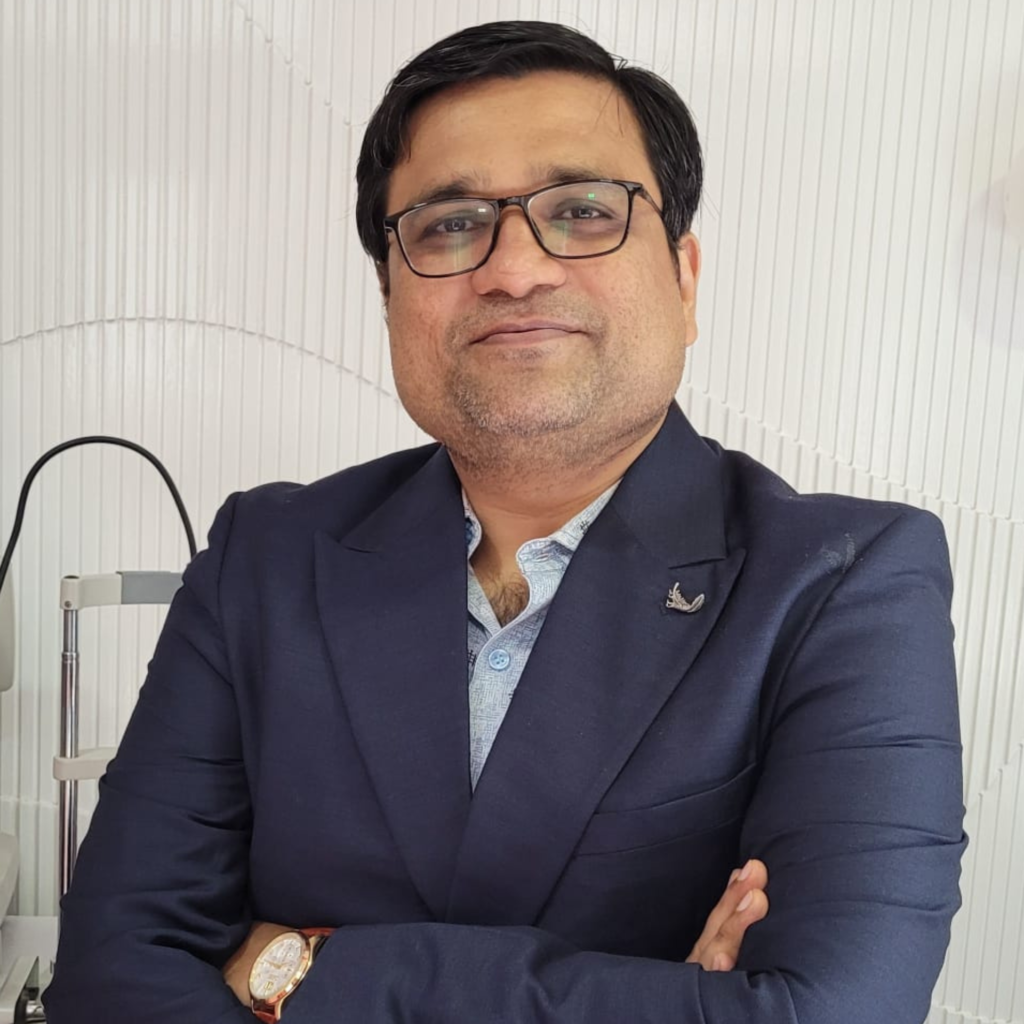- Home
- About Us
- Doctors
- Specialties
- Bariatric Surgery
- Bone Marrow Transplant
- Cancer
- Cardiology
- Cardiovascular And Thoracic Surgery
- Critical Care Medicine
- Dental Surgery
- Dermatology & Cosmetology
- Diabetic Foot Care
- Ear, Nose & Throat
- Endocrinology
- Fetal Medicines
- Gastroenterology
- General Medicine
- General Surgery
- HPB & Gastrointestinal Surgery
- Interventional Radiology
- IVF
- Kidney Transplant
- Laparoscopic Surgery
- Liver Transplant
- Medical And Hemato Oncology
- Neurology
- Neuro & Spine Surgery
- Nephrology And Dialysis
- Nuclear Medicine
- Orthopedic
- Ophthalmology
- Obstetrics And Gynecology
- Pathology Laboratory
- Pediatric
- Peripheral Vascular And Endovascular Surgery
- Physiotherapy and Rehabilitation
- Plastic Reconstruction
- Plastic & Cosmetic Surgery
- Pulmonary Medicine
- Radiation Oncology
- Radiology
- Robotic Surgery
- Surgical Oncology
- Urology
- Facilities
- Patient Area
- Testimonials
- Media
- Contact Us
Testicular Cancer
Testicular Guardians: From Detection to Healing, We Stand Strong
Welcome to Universal Hospital’s Testicular Cancer Care, where we are dedicated to providing comprehensive care for individuals affected by testicular cancer. Testicular cancer is a type of cancer that develops in the testicles, and the male reproductive organs.
What is Testicular Cancer?
Testicular cancer is a type of cancer that develops in the testicles, the male reproductive organs responsible for producing sperm and hormones. It is a relatively rare form of cancer but is most common among young men aged 15 to 35. Testicular cancer is highly treatable, especially when detected early.
Types of Testicular Cancer:
- Germ Cell Tumors: The majority of testicular cancers are germ cell tumors, which can be further classified into seminomas and non-seminomas.
- Seminomas: These tumors tend to grow more slowly and respond well to radiation therapy.
- Non-Seminomas: These tumors are more varied and may include embryonal carcinoma, yolk sac carcinoma, choriocarcinoma, teratoma, or a combination of these.
- Stromal Tumors: These tumors develop in the supportive and hormone-producing tissues of the testicles.

Risk Factors:
- Age: Testicular cancer is most common in young and middle-aged men, with the highest incidence in those aged 20 to 34.
- Cryptorchidism: Undescended testicles (cryptorchidism) is a significant risk factor.
- Family History: A family history of testicular cancer may increase the risk.
- Personal History: Previous testicular cancer increases the risk of developing cancer in the other testicle.
- Race/Ethnicity: White men have a higher risk than men of other racial or ethnic backgrounds.
Symptoms:
- Lump or Swelling: A painless lump or swelling in one or both testicles.
- Pain or Discomfort: Pain or discomfort in the testicle or scrotum.
- Changes in Size or Shape: Changes in the size or shape of the testicle.
- Feeling of Heaviness: A feeling of heaviness in the scrotum.

Staging:
Testicular cancer is staged based on the extent of its spread, ranging from Stage I (localized) to Stage III (advanced and metastatic).
- Stage I:
- Confined to the testicle.
- Stage II:
- Spread to nearby lymph nodes.
- Stage III:
- Spread to distant organs or lymph nodes.
Diagnosis:
- Physical Examination: A healthcare professional examines the testicles for lumps, swelling, or other abnormalities.
- Ultrasound: Imaging tests, such as ultrasound, help visualize the testicles and detect abnormalities.
- Blood Tests: Measurement of tumor markers, such as alpha-fetoprotein (AFP), beta-human chorionic gonadotropin (β-hCG), and lactate dehydrogenase (LDH).
- Biopsy: Removal of a tissue sample for laboratory examination to confirm cancer.
Treatment:
Treatment depends on the type of testicular cancer, its stage, and may include:
- Orchiectomy: Surgical removal of the affected testicle.
- Radiation Therapy: High-dose X-rays to target and destroy cancer cells.
- Chemotherapy: Systemic drugs to kill or inhibit cancer cells.
- Surveillance: Close monitoring without immediate treatment for certain cases.
Prevention:
- While there are no specific measures to prevent testicular cancer, regular self-examination and prompt reporting of any abnormalities can contribute to early detection.
Prognosis:
Prognosis for testicular cancer is generally favorable, especially for early-stage cases. The type of cancer, its stage at diagnosis, and response to treatment influence outcomes.
Screening:
Routine screening for testicular cancer is not recommended in the general population. However, self-examination and awareness of symptoms are important for early detection.
Why Choose Universal Hospital for Testicular Cancer Care:
- Expert Urologic Oncology Team: Our Testicular Cancer Care Center is staffed by a team of experienced urologists, oncologists, and supportive care professionals with specialized knowledge in the diagnosis and treatment of testicular cancer.
- Cutting-Edge Treatments: Universal Hospital offers state-of-the-art treatments, including surgery, chemotherapy, radiation therapy, and participation in clinical trials, ensuring patients have access to the latest advancements in testicular cancer care.
- Holistic Patient Care: We prioritize individualized care plans that consider not only the medical aspects of testicular cancer but also the emotional and practical needs of our patients, providing support and resources beyond the treatment room.





